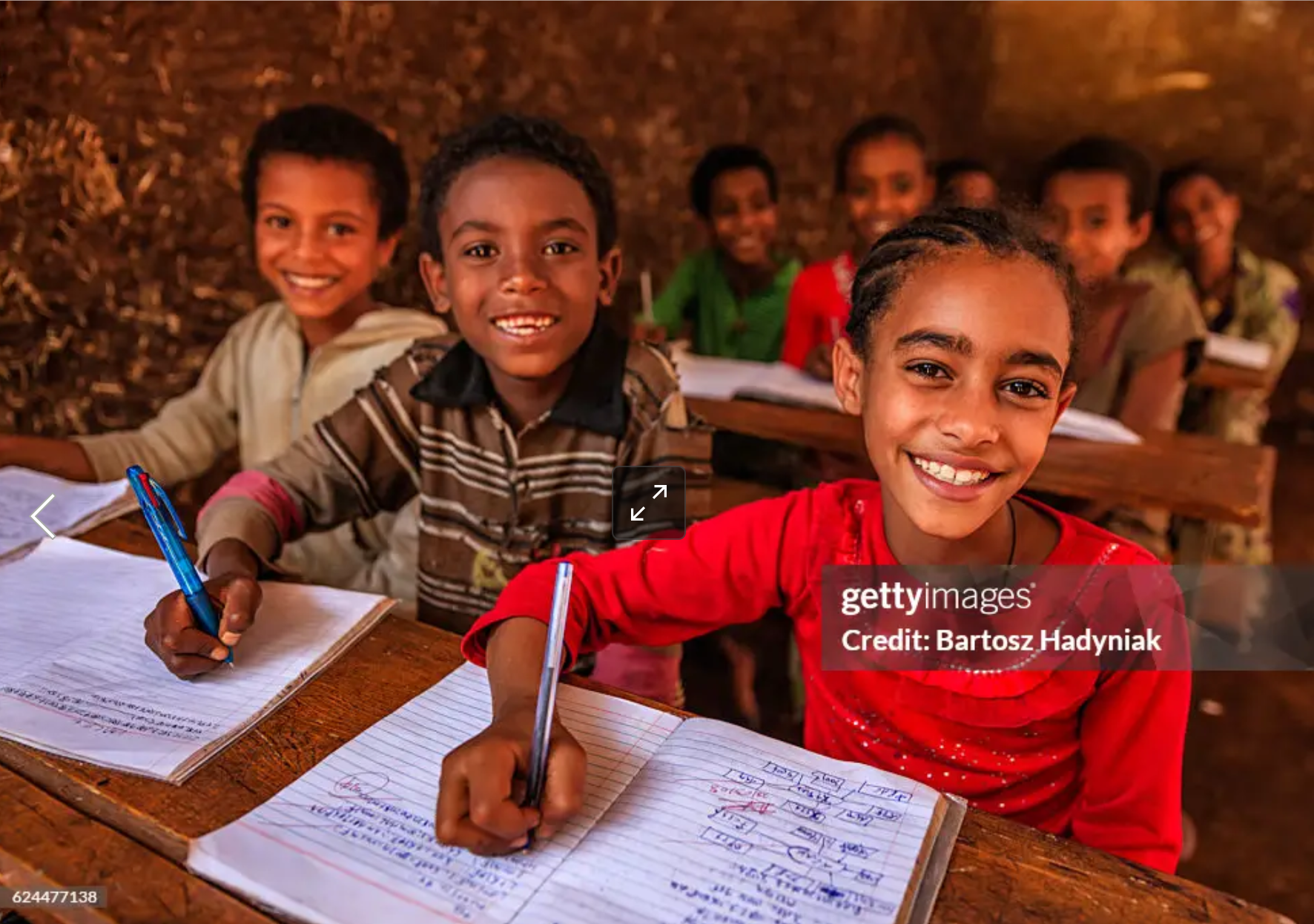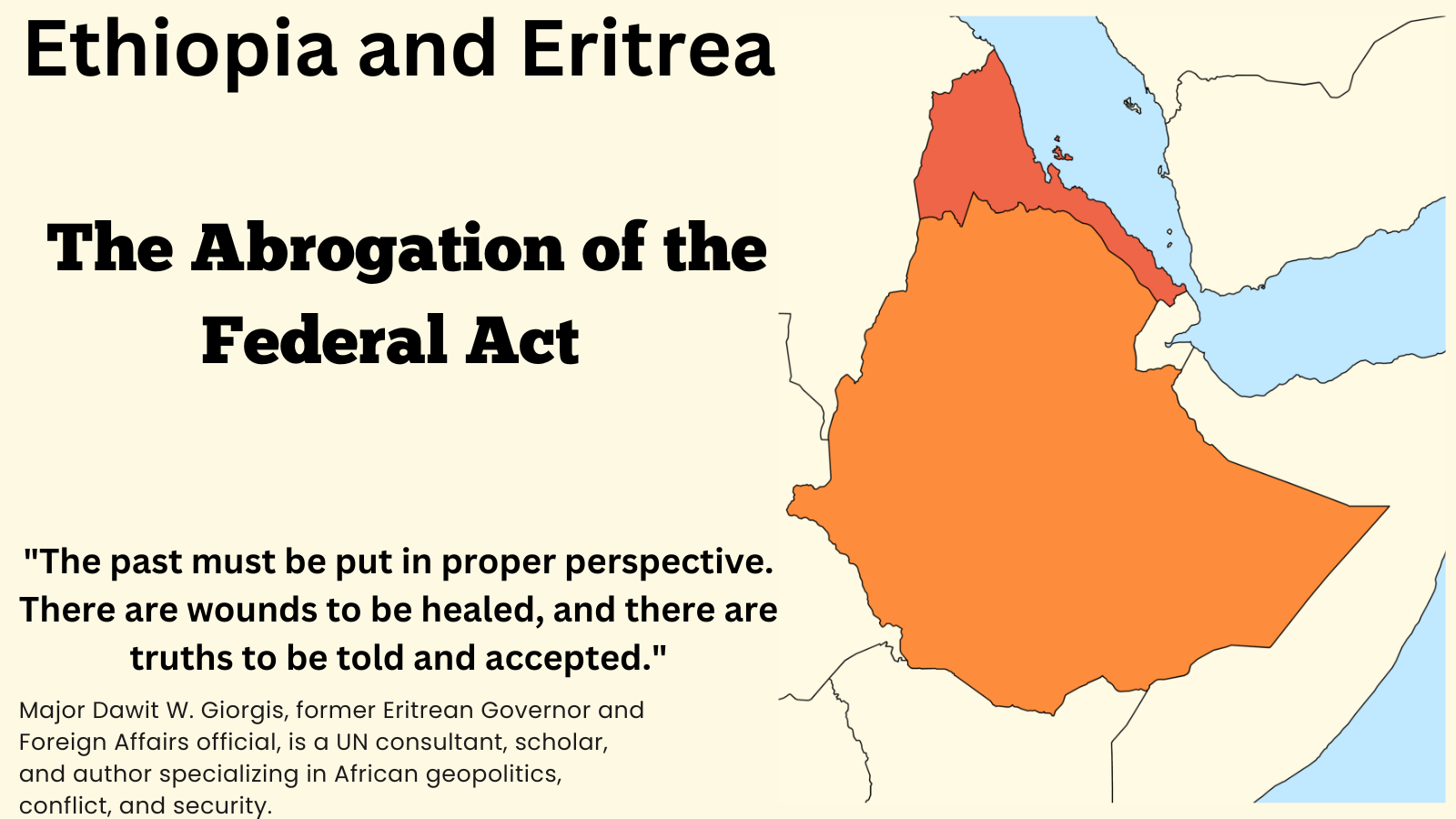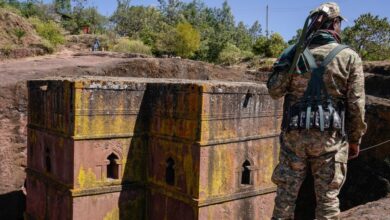Schools in Ethiopia’s Amhara Region Re-purposed as Military Bases: The Impact of PM Abiy’s War on Education

Ethiopia’s Amhara region has faced devastating consequences since Prime Minister Abiy Ahmed launched a military campaign to disarm the Amhara Fano forces over a year ago. Alongside the violence, displacement, and telecommunications blackouts, the region’s healthcare system has collapsed, with hospitals looted and medical workers fleeing. However, it is the education sector that has borne the heaviest burden of the conflict.

Rural schools have been repurposed as military bases, leaving thousands of students without access to classrooms. Experts warn that the damage to Amhara’s education system will be felt for years, potentially derailing the future prospects of an entire generation.
A Crisis in School Registration
As the new academic year began on September 17, 2024, the education sector in Amhara was in a state of disarray. Of the 7 million students expected to register, only 1.5 million had enrolled by mid-September, according to the regional education bureau. This represents a staggering 21% registration rate, a catastrophic shortfall. Many schools, closed throughout the 2023 academic year due to the ongoing conflict, have yet to reopen or complete the registration process.
As the new academic year began on September 17, 2024, the education sector in Amhara was in a state of disarray. Of the 7 million students expected to register, only 1.5 million had enrolled by mid-September, according to the regional education bureau
In rural areas, the situation is even more dire. Schools in the western and eastern zones have not initiated registration, while in South Gondar and other areas around Debre Tabor, enrollment remains minimal. In the North and Central Gondar zones, security concerns and military activity have effectively halted any registration efforts.
Teachers Arrested, Schools in Ruins
Teachers, too, have been caught in the crossfire. In the Gojjam area, several educators have been arrested by security forces for failing to enforce student registration. However, the persistent insecurity has left many teachers unwilling to return to work, and parents are hesitant to send their children to schools amid the ongoing violence.
With the education system in crisis, the future of an entire generation of Amhara’s students is at risk. The region may face decades of recovery, with millions of children deprived of their right to an education—a tragedy that could erode the region’s prospects for development and progress for years to come
Efforts by the regional government to deploy teachers to rural areas have largely failed, as widespread desertions and fears for personal safety persist. Many teachers have simply fled, leaving students without any form of instruction.
A Generation in Peril
The impact of this disruption on Amhara’s students is likely to be profound and long-lasting. More than 4 million students were unable to complete the previous academic year, and there are few signs of improvement. In urban areas, some schools have resumed classes, but secondary schools, in particular, remain shuttered due to war and instability.
With the education system in crisis, the future of an entire generation of Amhara’s students is at risk. The region may face decades of recovery, with millions of children deprived of their right to an education—a tragedy that could erode the region’s prospects for development and progress for years to come.
EAR- Editorial Note
This news story is sourced from: WAZEMA Radio:- https://wazemaradio.com/%e1%89%a0%e1%8a%a0%e1%88%9b%e1%88%ab-%e1%8a%ad%e1%88%8d%e1%88%8d-5-%e1%8a%90%e1%8c%a5%e1%89%a5-5-%e1%88%9a%e1%88%8a%e1%8b%ae%e1%8a%95-%e1%89%b0%e1%88%9b%e1%88%aa%e1%8b%8e%e1%89%bd-%e1%88%88%e1%8b%98/




